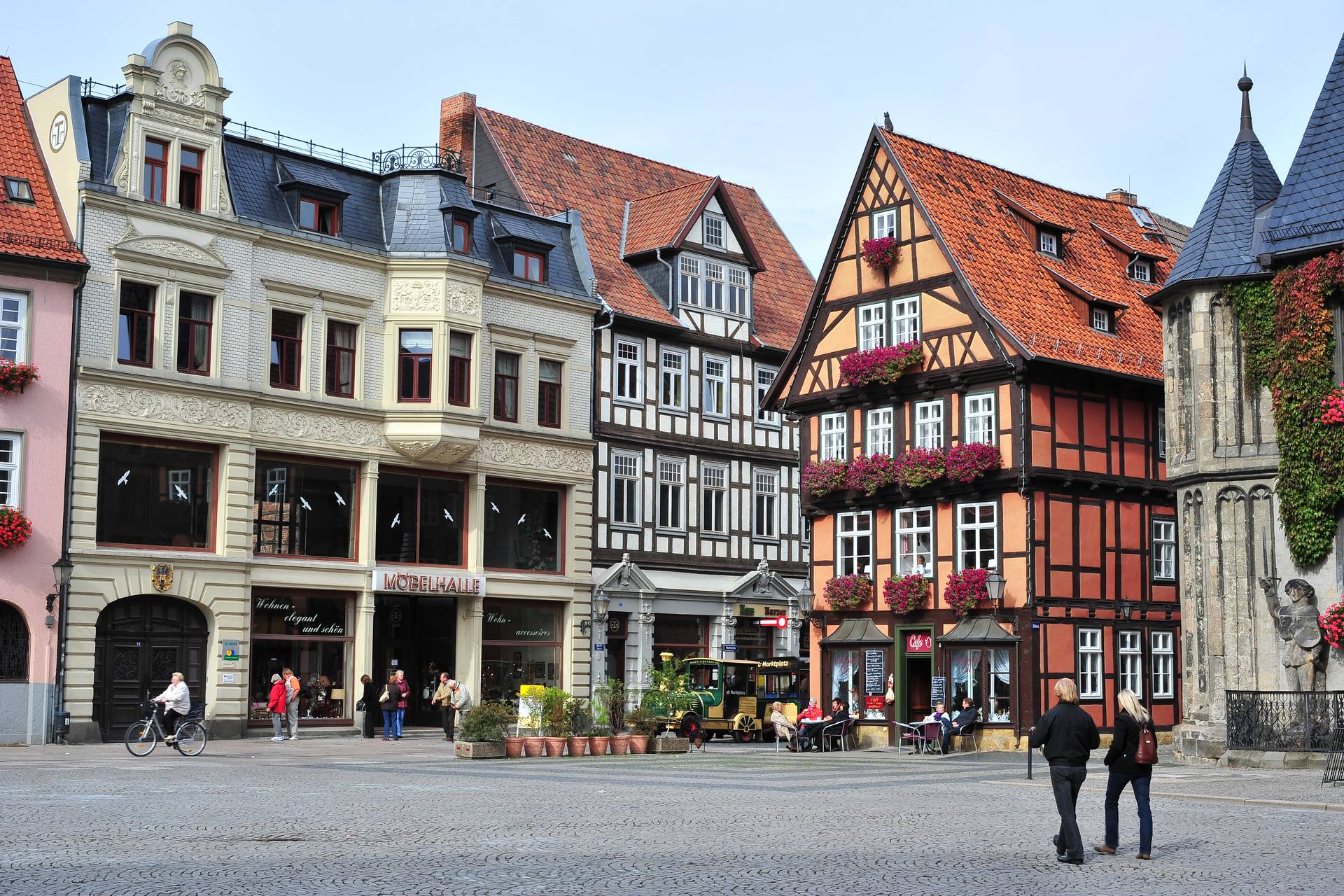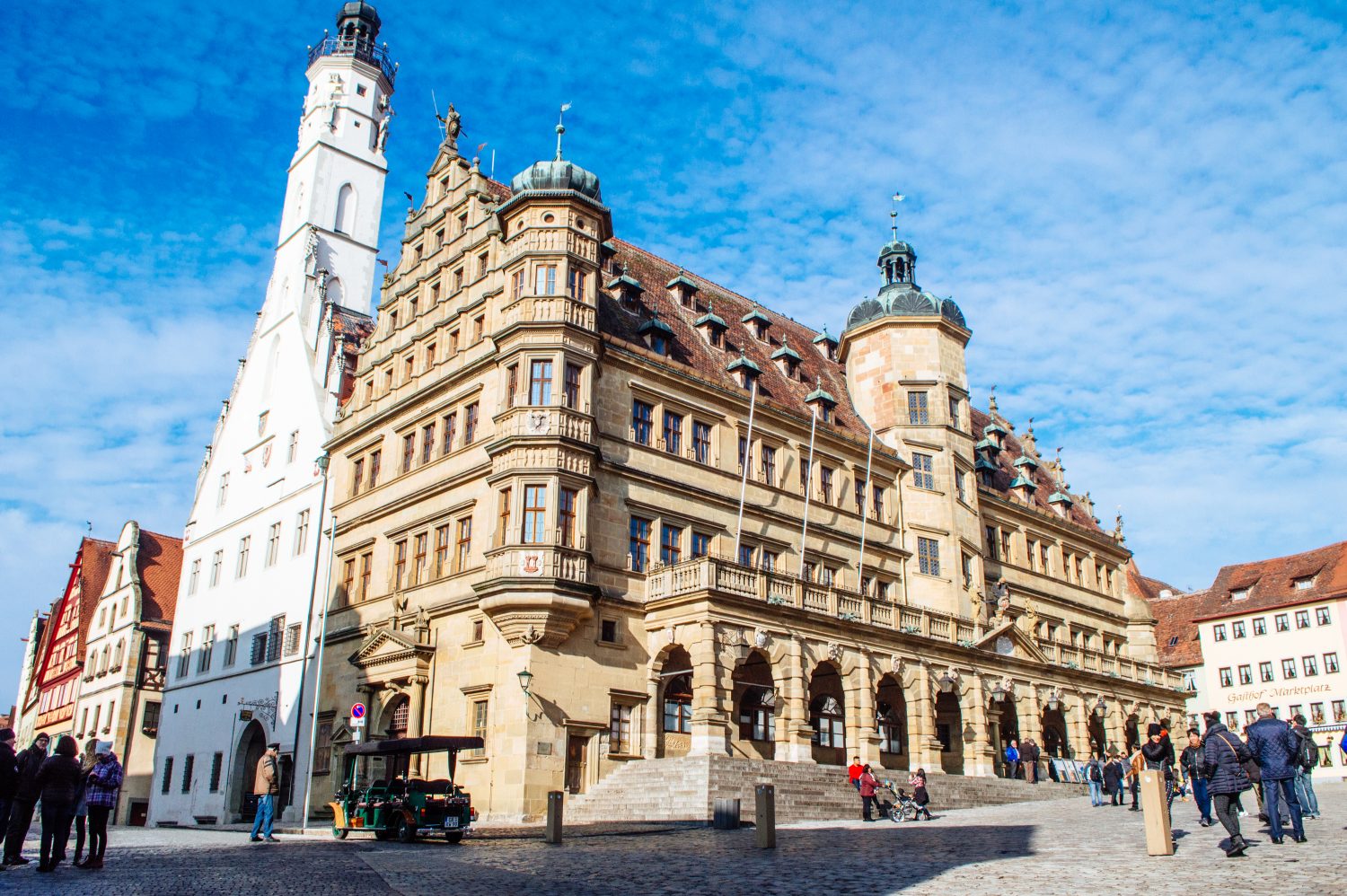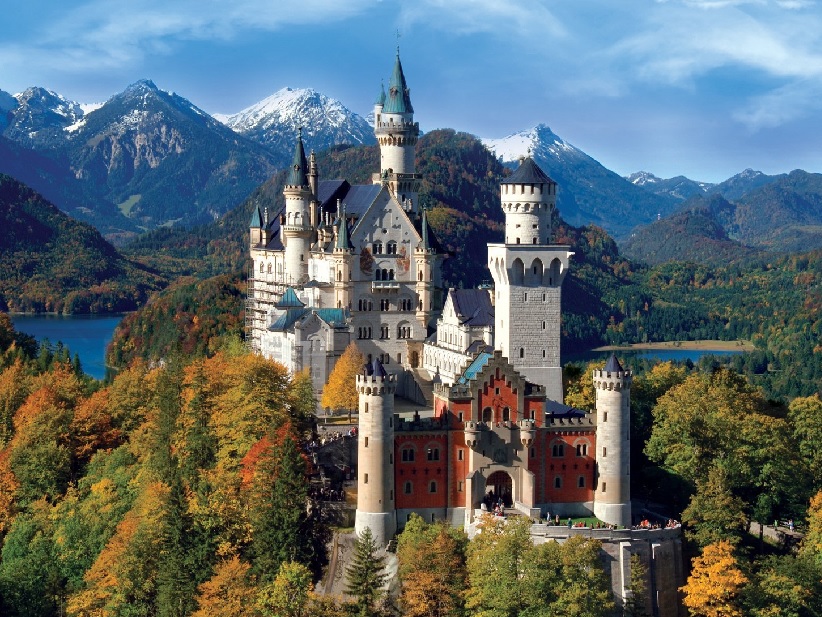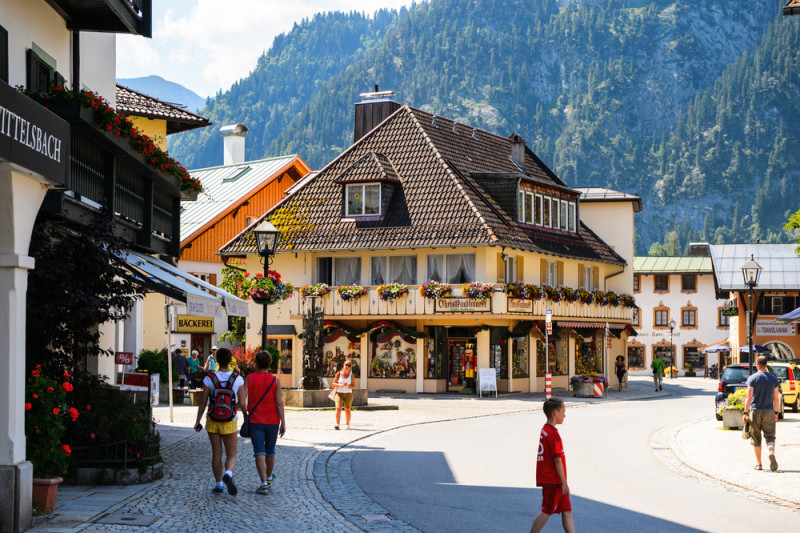Germany is a country with a wide array of possibilities for tourists. There’s no shortage of things to see and do for those who enjoy visiting cities and Berlin, Hamburg, Munich, Cologne, and Frankfurt all have plenty to offer.
However, today we’re going to focus on an especially attractive area for nature lovers and adventurous tourists.
The region of Bavaria, located in the southwest of Germany is strongly influenced by Austria and Switzerland, and is famous for its majestic fairytale castles between the Rhine and the Black Forest. Its capital, Munich, and the beautiful surroundings probably draw more attention from tourists than anyplace else, but the area is dotted with small medieval cities, palaces, baroque churches and unspoiled nature.
Many visitors to the region opt for the so-called ‘Romantic Road’. The route runs for about 400km from Würzburg to the Füssen in the Allgäu and links picturesque towns, and lavish homes in a medieval setting that can be enjoyed by car, bike, or on foot.
The route passes through more than 60 towns that include dozens of cathedrals, churches, castles, vineyards and hills until you reach the Alps. The main attraction in the city is the Residence Palace, which is also a UNESCO World Heritage Site.
We could recommend many places to stop, but we’re going to highlight the ones we consider a ‘must’ if you visit the area. The city of Würzburg located on the Main River will be our starting point as it’s famous for its wine, gastronomy, festivals, and extensive vineyards.

Quedlinburg is another area that’s worthy of a visit. It’s known to have existed as early as the 9th century, and 1200 houses have now been built in the city to accompany the traditional market square, the baroque-style city hall, a castle, the church, etc. It’s considered so beautiful that it was added as a World Heritage List in 1994.

Another highlight is Rothenburg ob der Tauber, the best preserved medieval city in Germany with an impressive wall surrounding the city.

Ausburg is one of the oldest cities in the country and is famous for being the birthplace of Mozart. It’s a rich and extravagant city that today offers an urban landscape containing Baroque and Rococo testimonies.

And finally, a gastronomic recommendation, we suggest taking the time to enjoy a medieval dinner in one or more of these cities at the end of the day as the food and surroundings are sure to make you feel as if you’ve travelled back in time.






